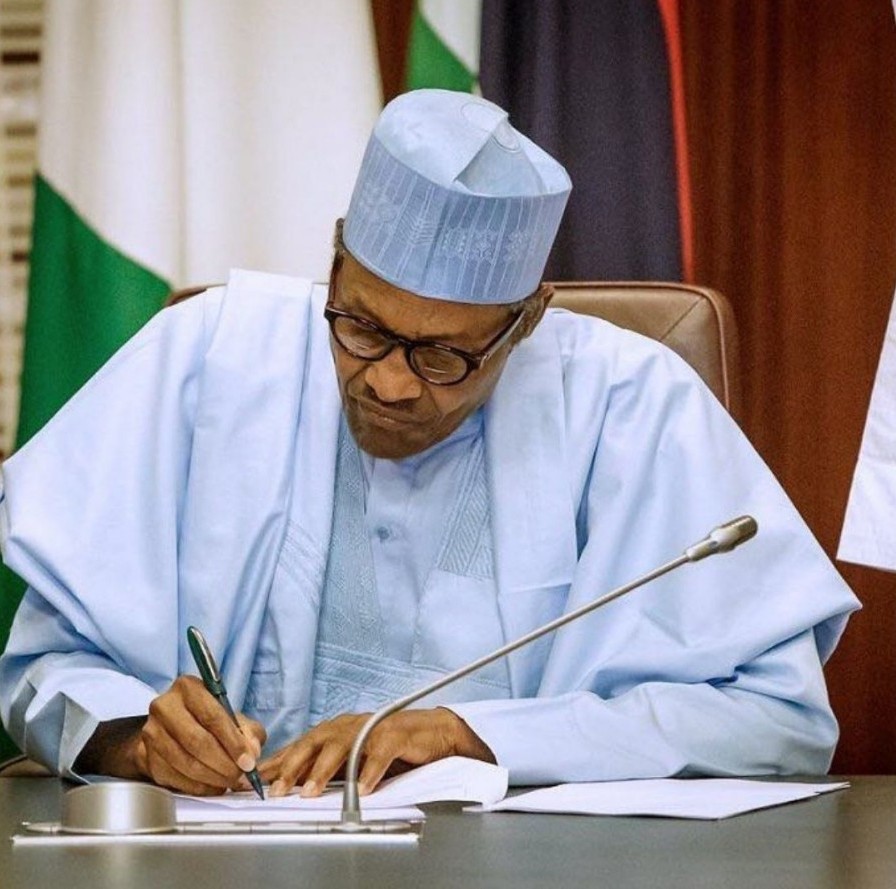
Ekeomah Atuonwu
Abuja, Nigeria 🇳🇬 launches revised population policy to address high fertility rate.
President Muhammadu Buhari on February 3, 2022 in Abuja, the state capital, launched the Revised National Policy on Population for Sustainable Development, stressing the need for urgent measures to address Nigeria’s high fertility rate, through expanding access to modern contraceptive methods across the country.

In addition, the president established the National Council on Population Management (NCPM), which he will head, and the Vice President will serve as its deputy chairman with heads of relevant Ministries, Departments and Agencies as members.
The president said the country’s new population policy’s ultimate purpose is to increase the quality of life and living conditions of all Nigerians, which is one of the government’s primary goals.
“The strategy stresses the importance of addressing Nigeria’s persistently high fertility rate by increasing access to modern family planning, counseling, and commodities, as well as encouraging birth spacing.” “This will allow Nigeria to accomplish rapid fertility control, as well as improve the health of mothers, adolescents, newborns, and children, as well as other population groups,” he explained.
Muhammadu Buhari
The president also highlighted the necessity of investing in quality education for young people (especially girls), human capital development, and promoting a holistic effort to achieve considerable demographic transformation as key highlights of the updated population policy.
The President expressed confidence that the data gathered from the upcoming census will offer all the information needed for the successful implementation of the new policy, noting that the policy will require credible, trustworthy, timely, robust, geo-referenced, and well disaggregated data.
Matthias Schmale, the UN Resident Coordinator in Nigeria, expressed optimism that President Buhari’s policies would be successful for a variety of reasons in his goodwill letter.
“First and foremost, the Policy emphasizes the relationship between population and development, and it will guide activity and services aimed at improving Nigerians’ well-being and lifestyles.”
Second, the Policy follows the newly released 2021-2025 National Development Plan, which aims to make Nigeria Africa’s largest economy and a global force to be reckoned with.
Third, successful implementation of the National Policy will almost certainly have good consequences for maternal health, youth and adolescent rights, and women’s and girl child empowerment,” he said.
Matthias Schmale
Mr Schmale praised the Nigerian government for launching the policy, saying that the world and the United Nations are looking forward to a Nigeria with low maternal mortality, teen pregnancy and childbirth, a lower fertility rate, increased use of modern contraception methods, and high educational attainment, among other things.
He promised that the United Nations Population Fund (UNFPA), which is in charge of assisting in the generation of high-quality data, would continue to work with Nigeria’s National Population Council to guarantee that the country’s upcoming census fulfills local and international standards.

The West African nation, which last conducted a census in 2006, is estimated to have a population of 206 million people, making it the seventh-most populous nation, according to World Bank data. More than 72% of the country’s residents are younger than 30, while half of the female population are in the reproductive age group of 15 to 49 years.





Recent Comments